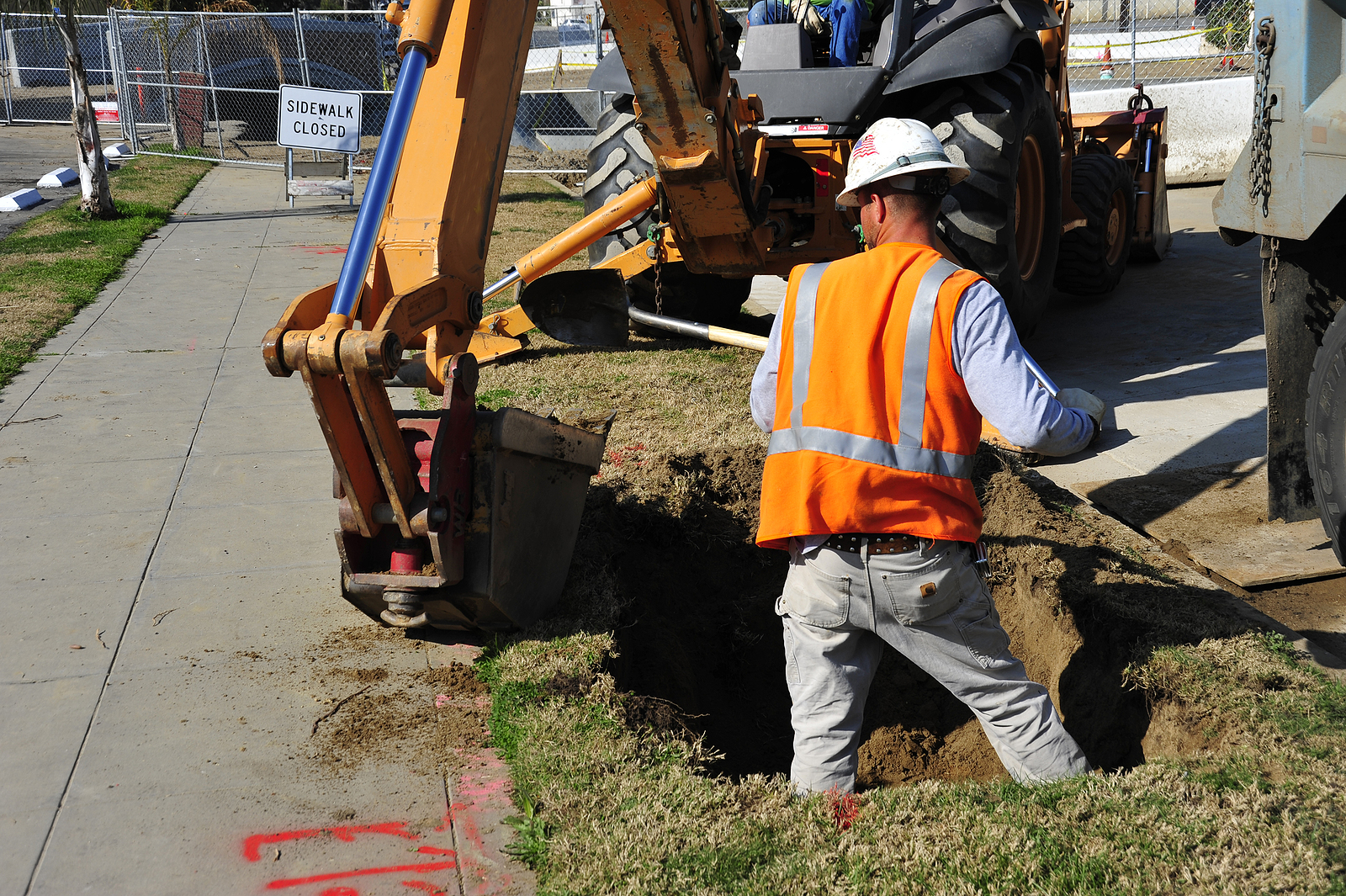The Code of Iowa in Section 364.2 allows cities to grant franchises to any person to “erect, maintain, and operate plants and systems for electric light and power, heating, telegraph, cable television, district telegraph and alarm, motor bus, trolley bus, street railway or other public transit, waterworks, or gasworks, within the city for a term of not more than twenty-five years.”
A franchise is a contract or agreement which allows a utility use of the public streets and alleyways in order to provide service within the city. When considering whether to establish a new franchise or amend an existing one, the city council must hold a public hearing prior to approval. The city attorney should be involved in negotiating this agreement, because it may be very lengthy and include various terms beneficial to both parties- if those terms are allowed by the Code of Iowa. This agreement may also be subject to a referendum under certain provisions of the Code of Iowa.
The state code also allows cities to adopt franchise fees as part of a franchise agreement. A bill approved during the 2015 legislative session requires cities to hold public hearings prior to adopting or increasing a franchise fee.
Allowed Purposes for Franchise Fee Revenues
Code of Iowa Section 384.3A allows for the collection of franchise fees in an amount not to exceed 5 percent of the franchisee’s gross revenues. The law states that revenue generated from a franchise fee in excess of the costs associated with regulating or maintaining the right of way must be expended for one or more of the following purposes:
- Property tax relief
- The repair, remediation, restoration, cleanup, replacement and improvement of existing public improvements and other publicly owned property, buildings and facilities
- Projects designed to prevent or mitigate future disasters
- Energy conservation measures for low-income homeowners, low-income energy assistance programs and weatherization programs
- Public safety, including the equipping of fire, police, emergency services, sanitation, street and civil defense departments
- The establishment, construction, reconstruction, repair, equipping, remodeling and extension of public works, public utilities and public transportation systems
- The construction, reconstruction or repair of streets, highways, bridges, sidewalks, pedestrian underpasses and overpasses, street lighting fixtures, public grounds and the acquisition of real estate needed for such purposes
- Property tax abatements, building permit fee abatements and abatement of other fees for property damaged by a “disaster,” as defined in Code of Iowa Section 29C.2
- Economic development activities and projects
Cities must publish a revenue purpose statement prior to adopting or amending a franchise fee; the statement must specify the purposes for the franchise fee revenue. If property tax relief is listed as a purpose, the revenue purpose statement shall also include information regarding the amount of the property tax relief to be provided with revenue collected from the increased rate.
Impact on Local Option Sales Tax
Code of Iowa Section 423B.5 prohibits cities from imposing a local option sales tax on gas and electric sales if those sales are subject to a franchise fee. A city’s adoption of a franchise fee will reduce its local option sales tax revenues as a result. Consequently, a city with an established local option sales tax needs to calculate the potential impact a franchise fee may have on its local option sales tax revenues before establishing a franchise fee.
Establishment of Franchise Fee Account
A city that establishes a franchise fee or increases an existing franchise fee is required by Code of Iowa Section 364.2 to establish a franchise fee account within the city’s general fund. All revenues and associated interest income collected by a city pursuant to a franchise fee ordinance must be deposited in the account and be used for the purposes specified in the city’s revenue purpose statement. Franchise fees in the account are not permitted to be transferred to any other accounts in the city’s general fund or to any other funds established by a city unless such transfer is for a purpose specified in Code of Iowa Section 384.3A.






